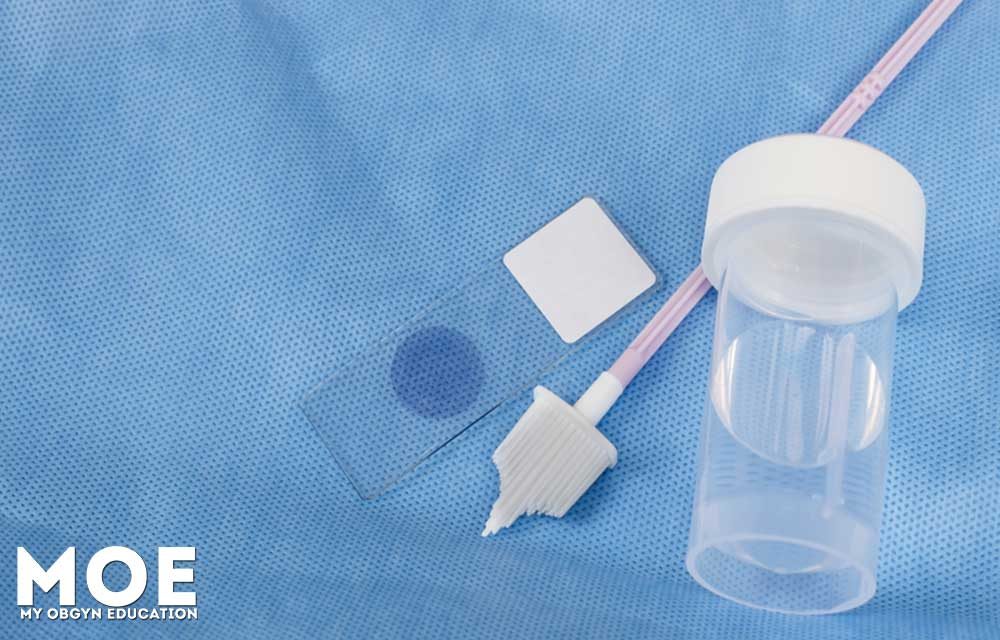Are you confused when to get the Pap smear and Why?
In my experience as an Ob/Gyn majority of women cannot distinguish between a Pap smear from a pelvic exam. This invites us to stress on more cervical cancer prevention education, with more emphasis on HPV vaccines during female preventive health clinic visits.
Papsmear is the most commonly done procedure in the office of an obstetrician and gynecologist. Papsmear is the screening for cervical cancer. During the procedure cells are collected from the cervix ( opening of the uterus) and tested for any changes that could lead to cancer of the cervix.Screening also includes Human papillomavirus ( HPV) testing in some women.
What causes Cervical cancer?
Most cases of cervical cancer are caused by HPV infection. HPV is a virus that enters the cells and can cause them to change. HPV has more than 150 types. Type of HPV that can cause cervical cancer are known as high risk HPV types.
Why is it important to get pap smear?
When the changes occur in cervical cells it usually take 3-7 years for high grade changes to become cancer. Papsmear ( cervical cancer screening) may detect these changes before they become cancer.
Women with low grade change are then tested more frequently to see if their cells go back to normal. Women with high grade changes get treatment to have the cells removed.
Do Teens need pap smear if they are sexually active?
No Teens DO NOT need papsmear exams and these guidelines are changed in recent years as we understand the disease process better. Good news is great majority of HPV infection resolves on its own in healthy young females.
How often should pap smear be done?
Women age 21-29 years should get pap smear every 3 years
Women age 30-65 years should get pap smear and HPV testing every 5 years or papsmear every 3 years.
Having HPV vaccination does not change screening recommendations. Women who have been vaccinated against HPV still need to follow the screening recommendations for their age group.
What does it mean if I have abnormal pap smear result?
Many women have abnormal cervical cancer screening results. An abnormal result does not mean that you have cancer. Remember that cervical cell changes often go back to normal on their own. And if they do not, it often takes several years for even high-grade changes to become cancer.
If you have an abnormal screening test result, additional testing is needed to find out whether high-grade changes or cancer actually are present. If results of follow-up tests indicate high-grade changes, you may need treatment to remove the abnormal cells. You will need follow-up testing after treatment and will need to get regular cervical cancer screening after the follow-up is complete.
With regular screening tests and follow-up cervical cancer is the easiest gynecologic cancer to prevent.


Recent Comments